
Certified - CompTIA CYSA+ Audio Course
The CYSA Audio Course is your comprehensive audio training series for the CompTIA Cybersecurity Analyst (CYSA+) certification. Built for learners who are on the move, this podcast breaks down each domain of the CYSA+ exam in structured, digestible episodes. Whether you're studying during your commute or brushing up at the gym, this PrepCast is designed to reinforce critical skills and exam knowledge with clarity and focus.
- Update frequency
- every day
- Average duration
- 14 minutes
- Episodes
- 130
- Years Active
- 2025
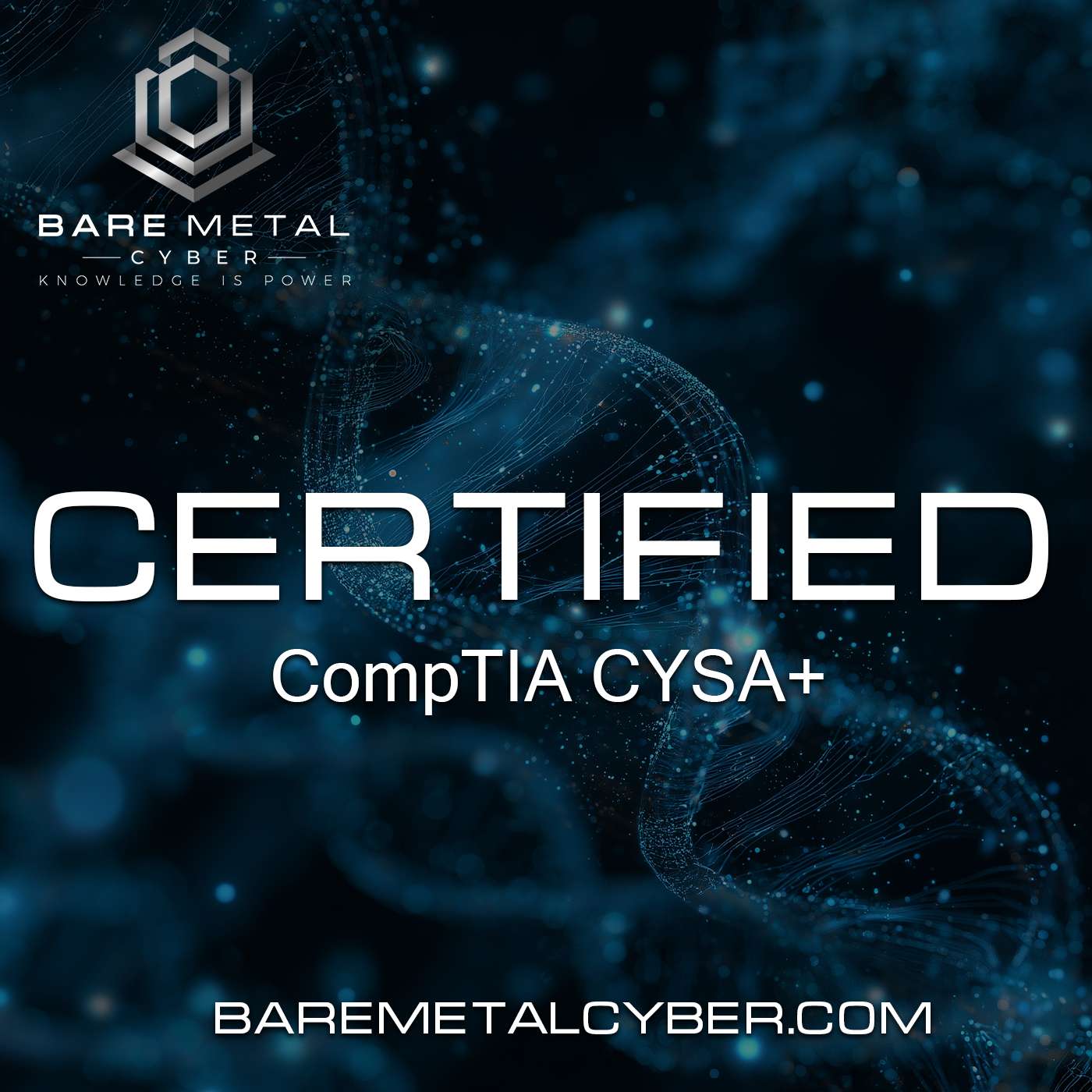
Episode 30: Network Capture and Traffic Inspection Tools
Being a strong analyst means being comfortable working with packets, flows, and raw network data. In this episode, we explore the tools analysts use for network capture and traffic inspection, includ…

Episode 29: Social Engineering and Obfuscation Detection
Not all threats come from code—many come from people. This episode explores how attackers use social engineering tactics to bypass technical defenses, trick users, and gain footholds in environments.…

Episode 28: Application Behavior and Anomaly Detection
Applications are often targeted directly by attackers—or exploited indirectly through user interaction. In this episode, we focus on indicators of compromise at the application layer, such as anomalo…

Episode 27: Host-Based Indicators of Malicious Activity
While the network tells you what’s coming and going, the host shows you what’s actually happening. In this episode, we explore host-level indicators of compromise—from CPU spikes and unauthorized sof…

Episode 26: Network-Based Indicators of Malicious Activity
Your network is constantly broadcasting signals—some of them benign, some of them suspicious. In this episode, we examine network-level indicators that can reveal malicious activity in progress. From…

Episode 25: Sensitive Data Handling in the Enterprise
Protecting sensitive data is one of the most urgent and regulated responsibilities in cybersecurity. This episode focuses on the tools and practices analysts use to detect, classify, and protect sens…

Episode 24: Encryption and Traffic Security Monitoring
Encryption plays a dual role in cybersecurity—protecting data confidentiality and creating blind spots in visibility. In this episode, we examine how public key infrastructure (PKI) underpins secure …

Episode 23: Identity and Access Management Models
Authentication and authorization form the frontline of defense in every digital environment. In this episode, we explore key identity and access management (IAM) concepts including multifactor authen…

Episode 22: Network Architecture Design and Segmentation
Networks are the circulatory system of any digital environment, and securing them is a fundamental responsibility of the cyber analyst. This episode walks through various network architecture models—…

Episode 21: Infrastructure Concepts in Modern SOCs
Today’s IT environments are complex ecosystems that include virtual machines, containers, and serverless platforms. In this episode, we demystify these infrastructure models from a security analyst’s…

Episode 20: System-Level Behavior and Architecture Fundamentals
In this episode, we go deeper into the building blocks of computing environments that matter for cyber defense. We cover where critical configuration files are typically stored, how analysts monitor …
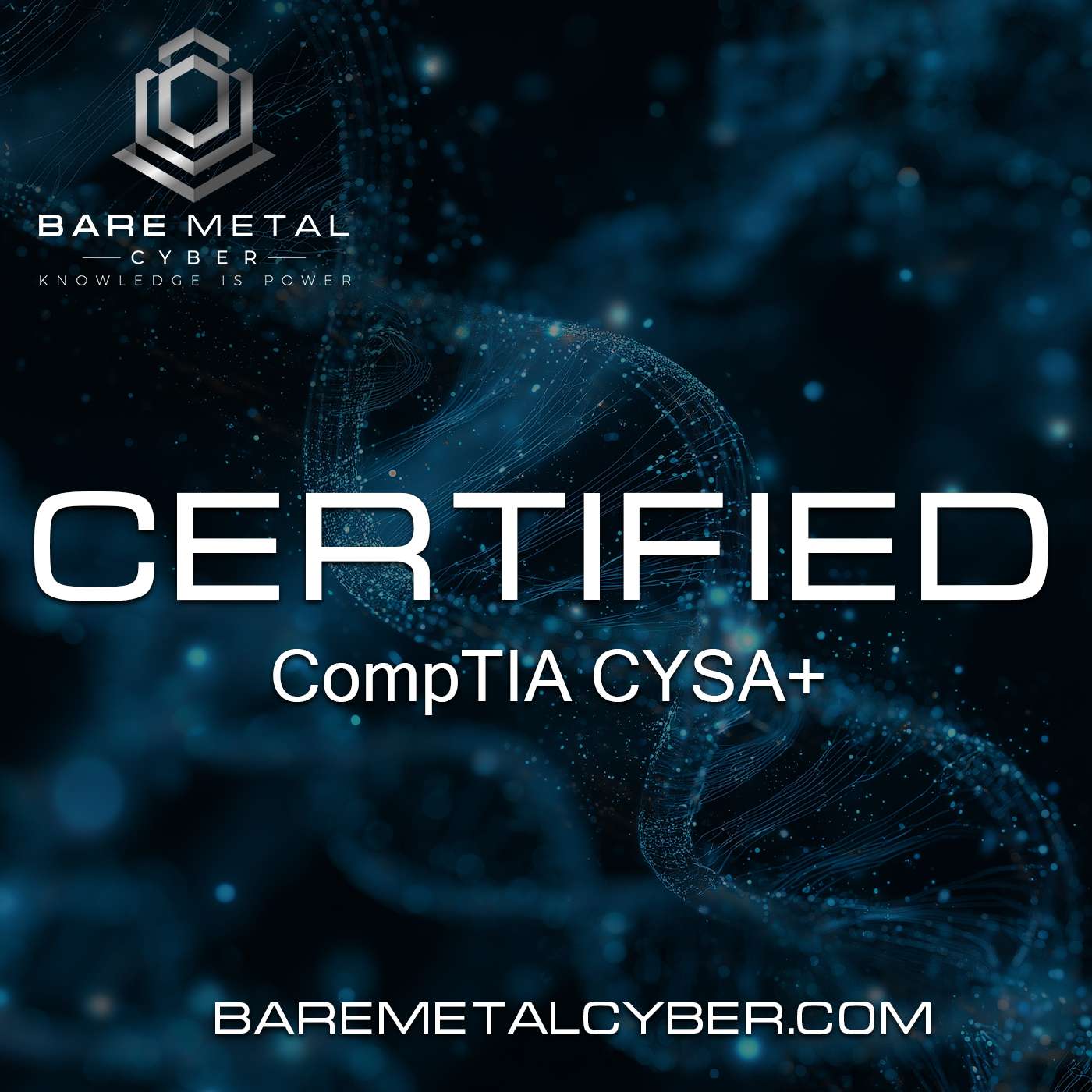
Episode 19: Core OS Concepts Every Analyst Should Know
Understanding the underlying behavior of operating systems is critical for detecting and investigating malicious activity. In this episode, we explore the core OS concepts that every cybersecurity an…
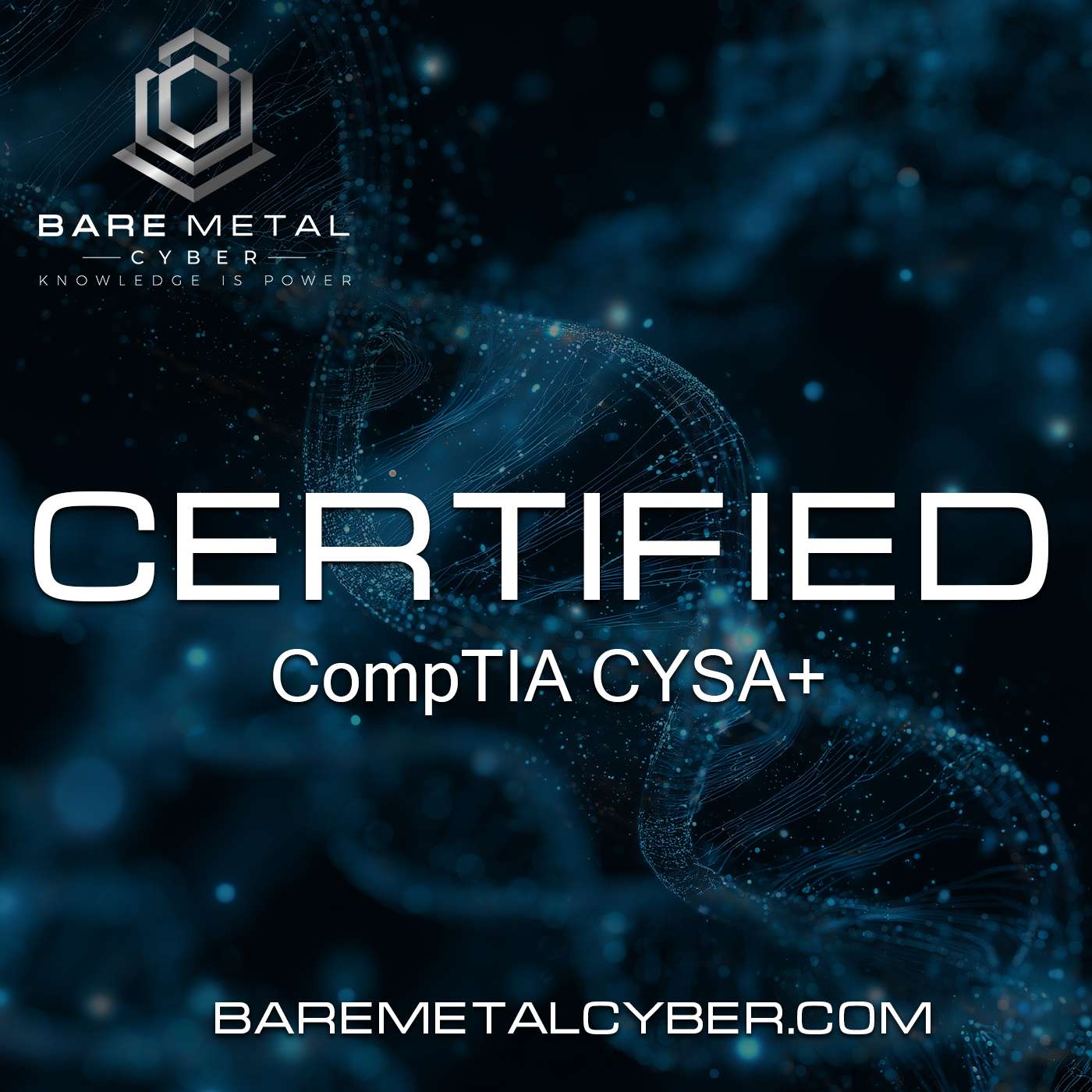
Episode 18: Log Ingestion and Logging Control
Effective cybersecurity starts with visibility—and that begins with logs. In this episode, we explore the basics of log ingestion, including what data is collected, how it's normalized, and where it'…
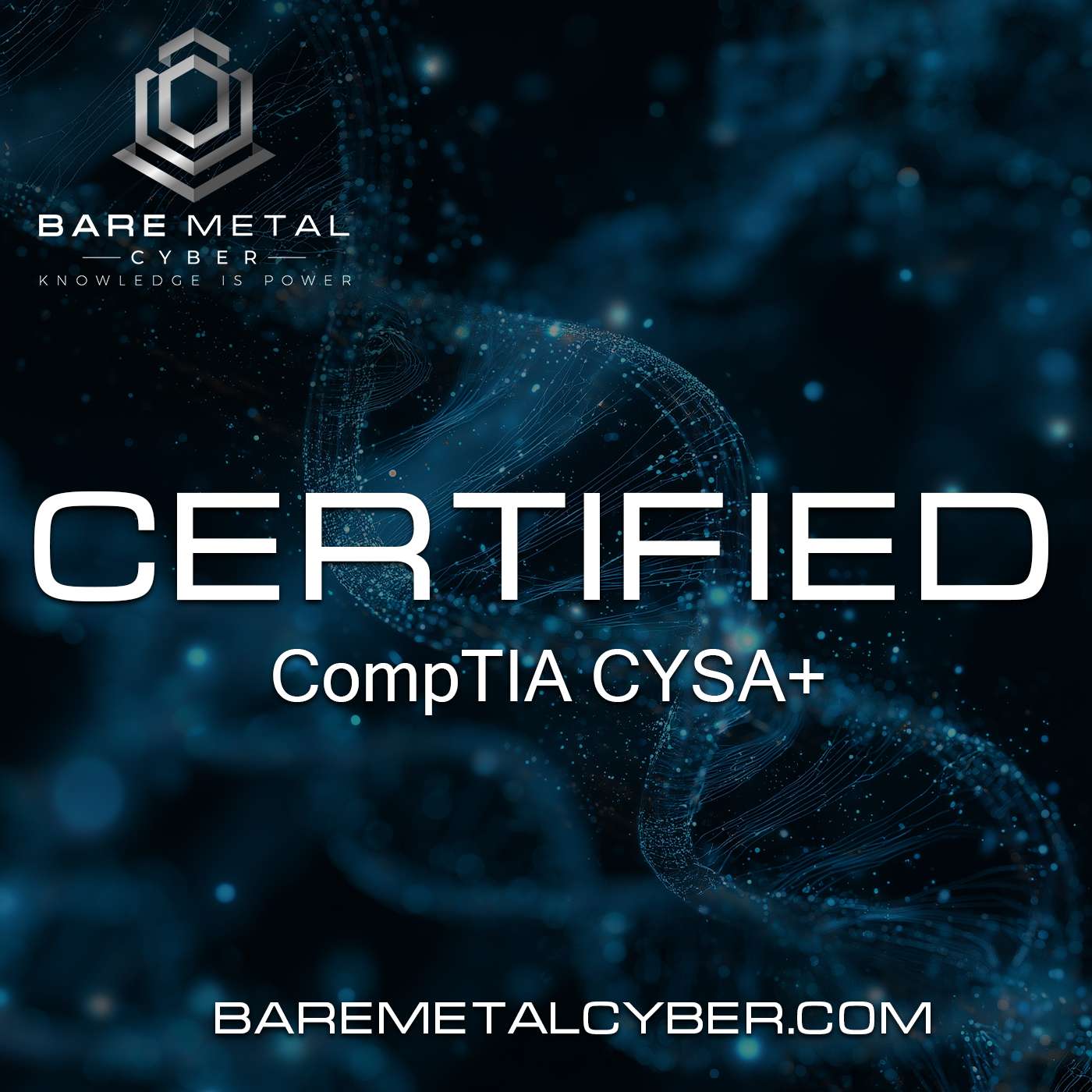
Episode 17: Domain 1 Overview – Security Operations in the Analyst’s World
Welcome to Domain 1, the largest and most foundational section of the CySA+ exam. In this episode, we preview what you’ll learn across the next several modules and explain how Security Operations ser…
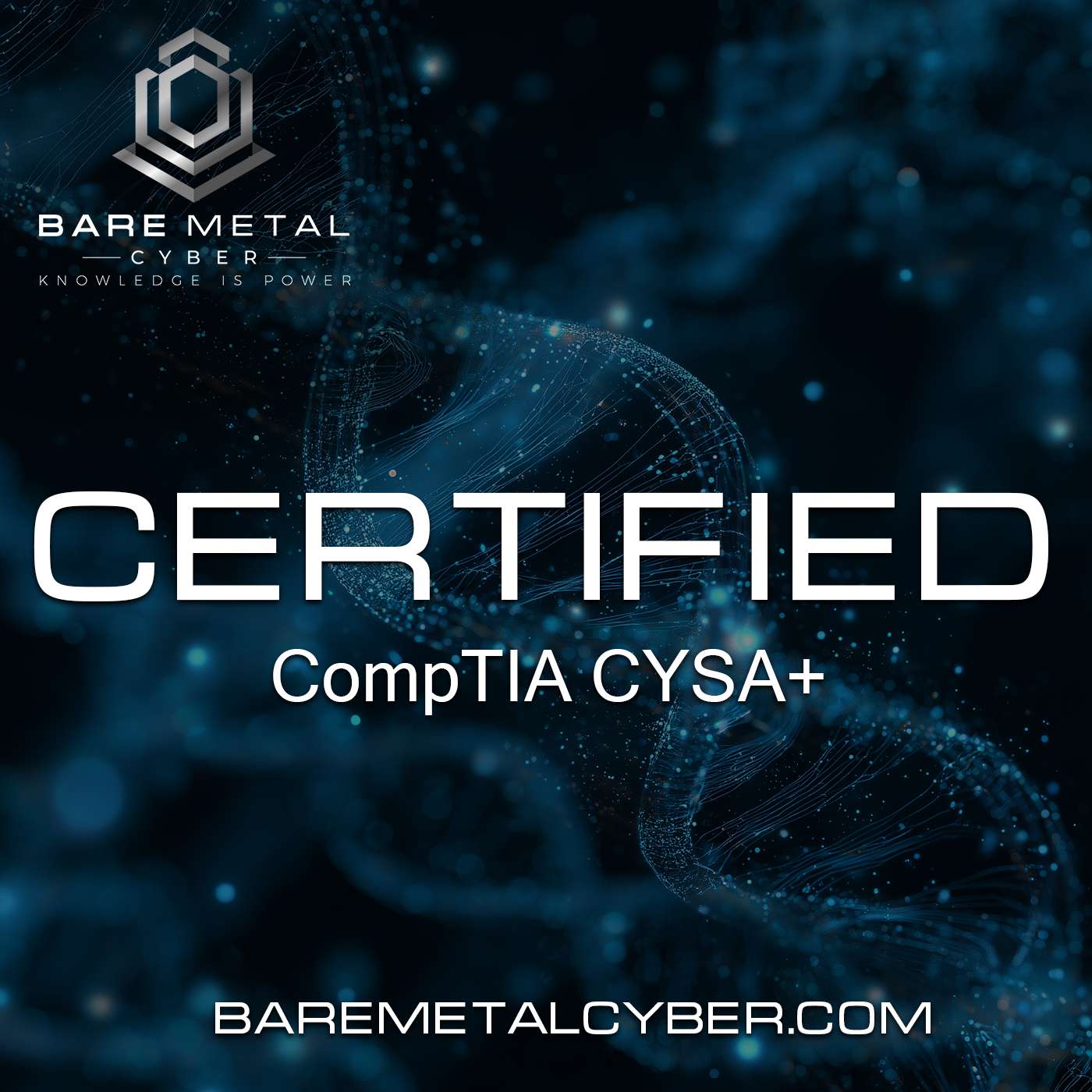
Episode 16: CySA+ Glossary Episode 3
In the final glossary-focused episode, we turn our attention to the specialized language used in incident response, threat detection, and analyst operations. This includes key terms like IoC, MFA, PI…
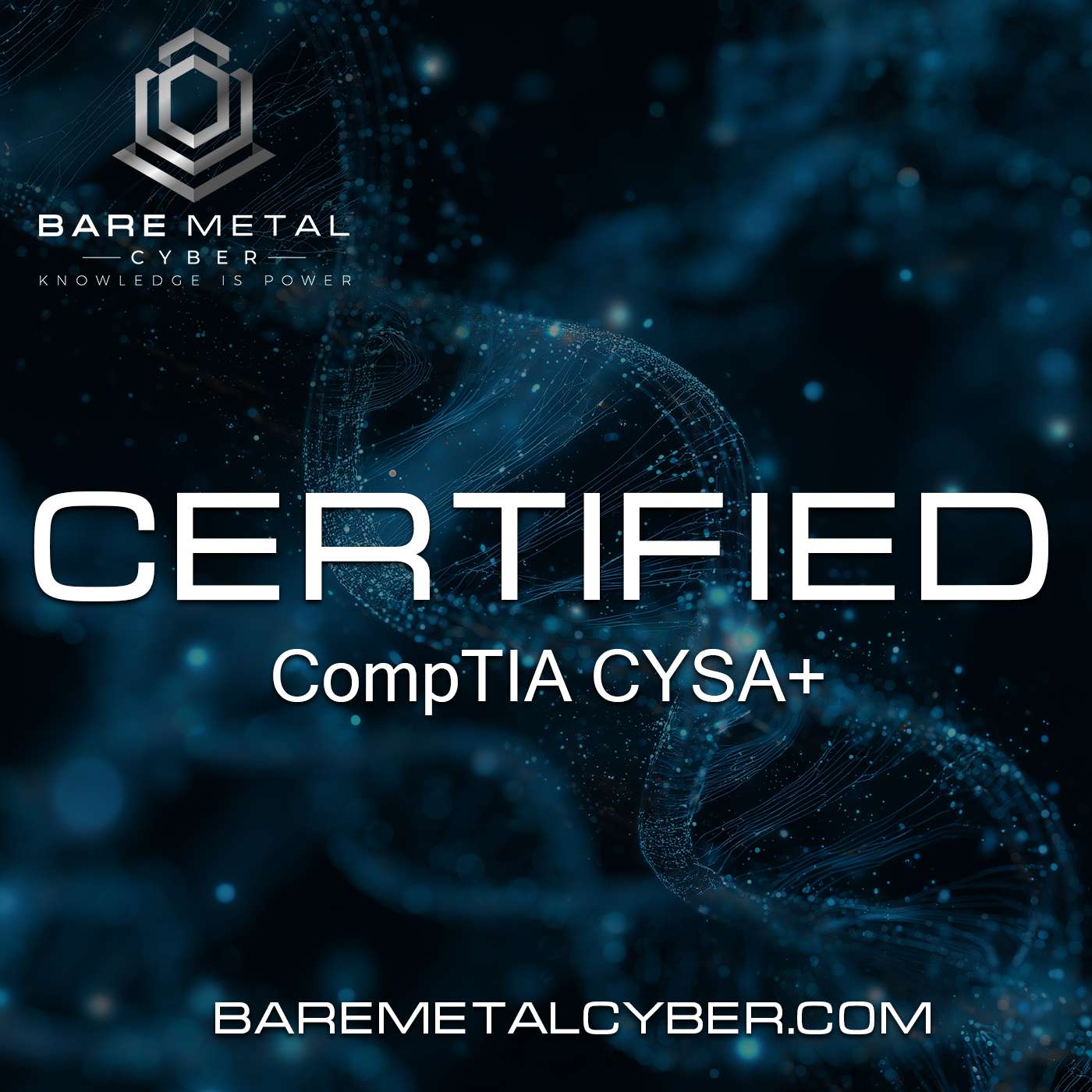
Episode 15: CySA+ Glossary Episode 2
In this second glossary episode, we focus on the security tools, frameworks, and compliance standards you’ll need to recognize and understand throughout your CySA+ journey. From OpenVAS and Nessus to…

Episode 14: CySA+ Glossary Episode 1
Before we tackle deeper technical episodes, it's essential to get fluent with the vocabulary used in the exam and in real-world security operations. This first glossary episode focuses on foundationa…
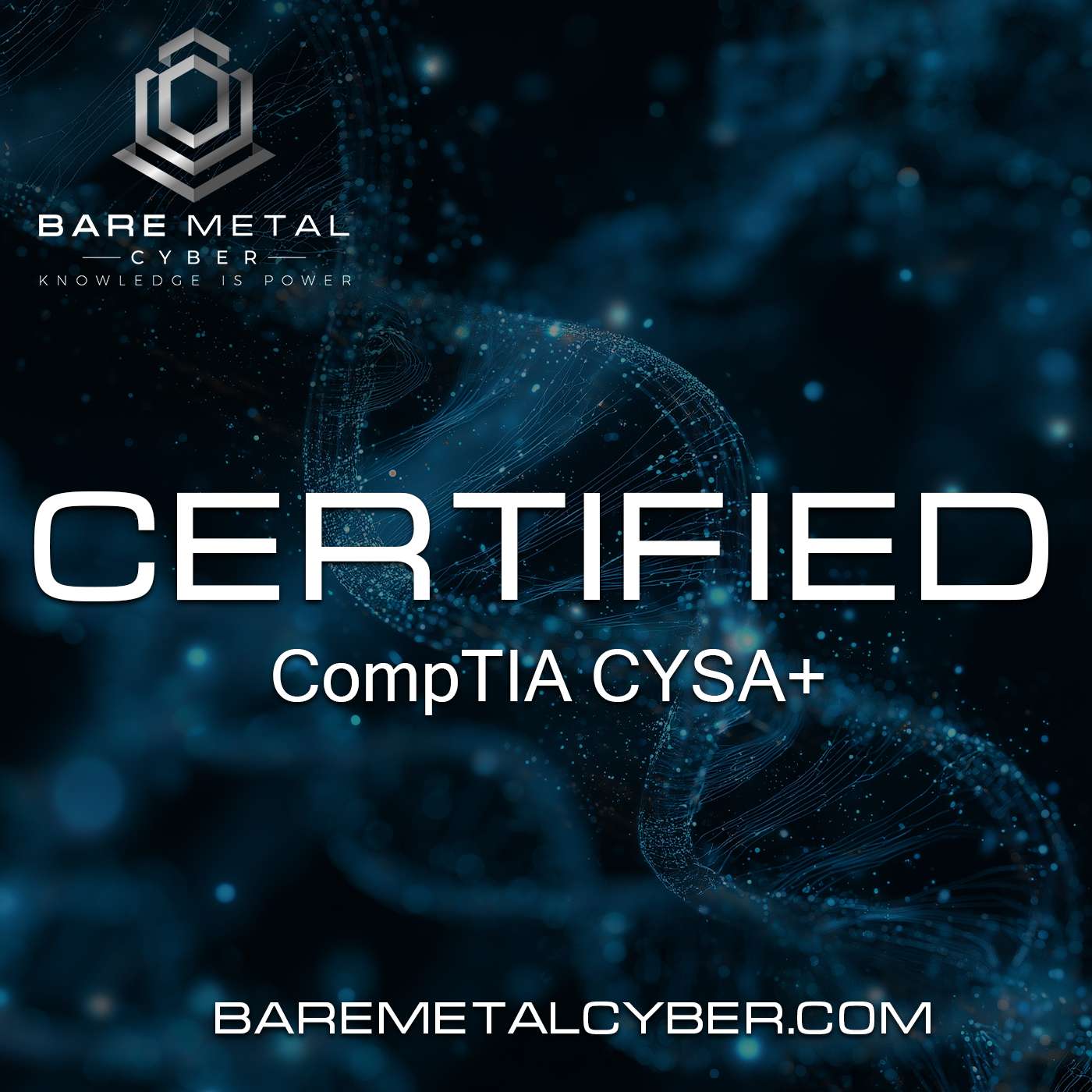
Episode 13: Comprehensive Domain 3–4 Review (Pre-Exam Checklist)
This second review episode brings together the essential content from Domain 3 (Incident Response and Management) and Domain 4 (Reporting and Communication). We’ll reinforce your understanding of fra…
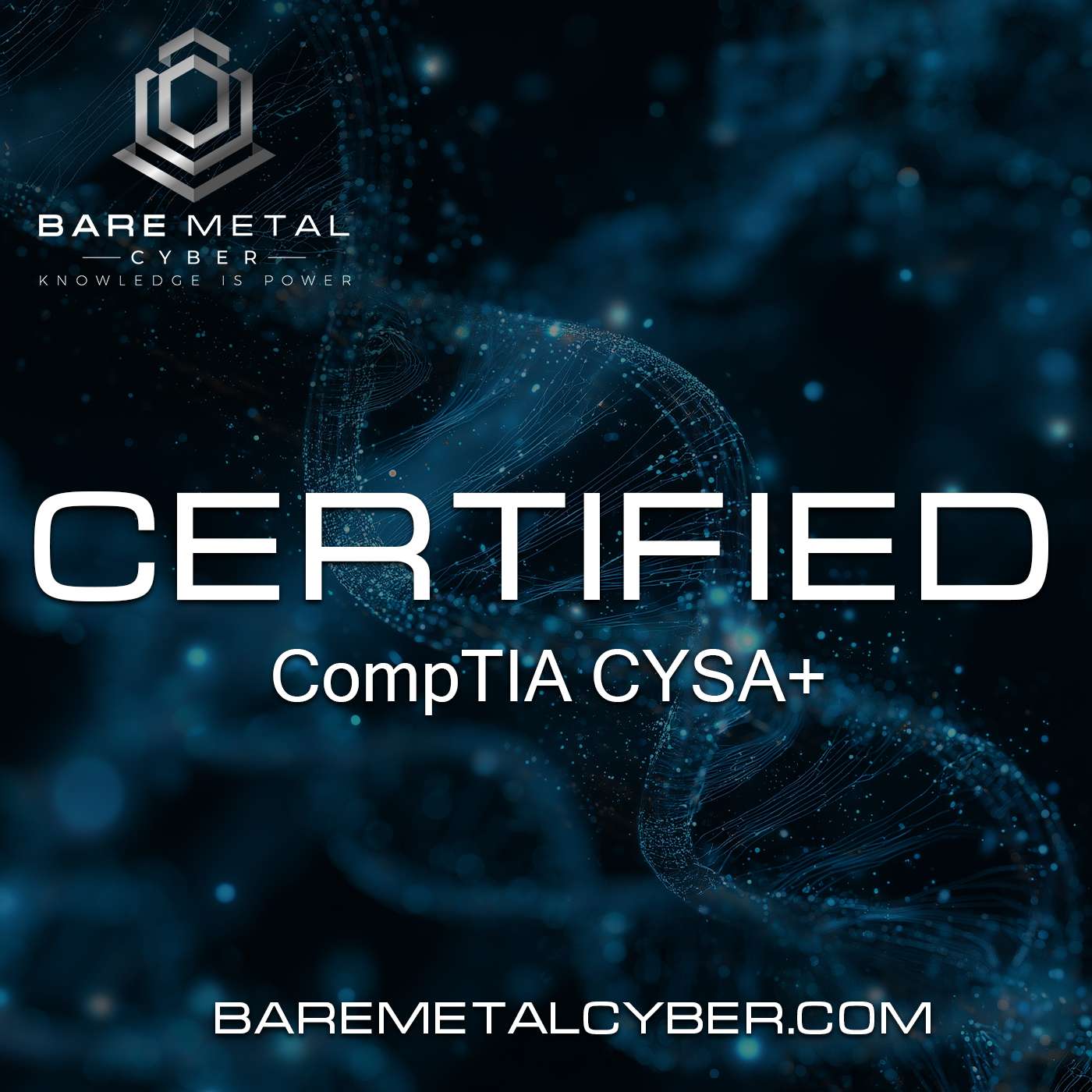
Episode 12: Comprehensive Domain 1–2 Review (Pre-Exam Checklist)
In this fast-paced review episode, we recap the most critical concepts from Domain 1 (Security Operations) and Domain 2 (Vulnerability Management). This is your checkpoint to ensure you understand ev…

Episode 11: Communicating Cybersecurity to Non-Technical Stakeholders
Technical knowledge alone isn’t enough. As a cybersecurity analyst, your ability to explain threats, risks, and remediation strategies to non-technical audiences can make or break your effectiveness.…